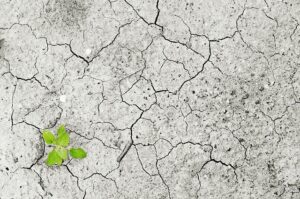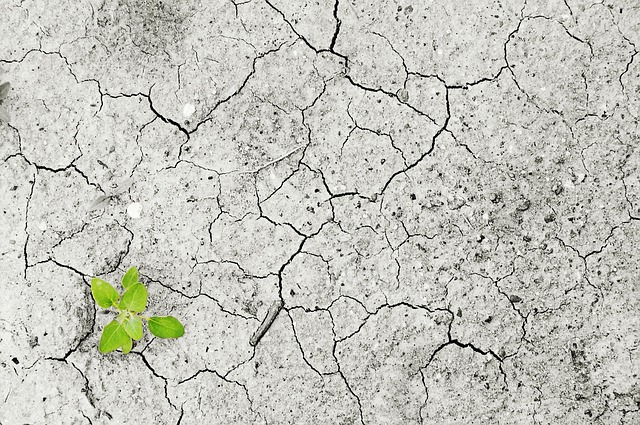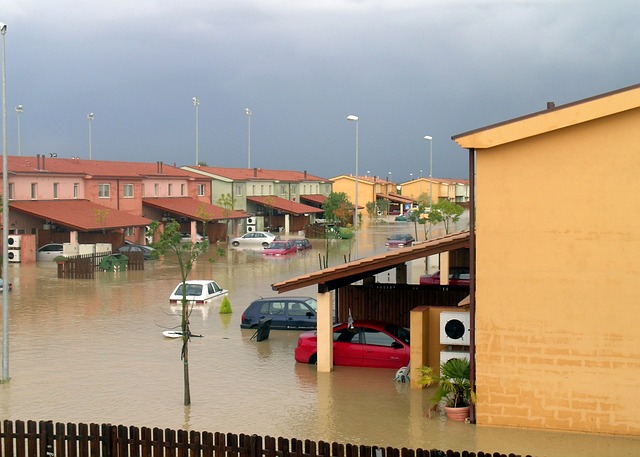Emerging research investigates potential dangers in areas prone to sudden infant death syndrome

Risk research by the global insurance group Howden and a study by the University of Cambridge Institute for Sustainability Leadership (CISL) suggest that the smallest and most susceptible nations could suffer losses exceeding their GDP in the next year as a result of severe climate disasters. There is an immediate need for efficient monetary solutions to these problems, which disproportionately affect Small Island Developing States (SIDS) and other vulnerable nations.
According to the results, nations that are particularly susceptible to natural catastrophes caused by climate change can benefit financially from risk-sharing programs. The effectiveness of such systems in reducing financial consequences for these nations is the primary subject of this research.
The research goes on to recommend a loss and damage (L&D) implementation model, implying that these nations might greatly lessen their financial risks by utilizing insurance and capital markets. Predicted losses might be reduced to 10% of GDP, according to the model.
A plan for L&D implementation across 100 climate-vulnerable, less developed countries is outlined in the research, which incorporates perspectives from leaders in both rich economies and the Global South. In order to provide both short-term and long-term financial security until 2050, it proposes using donor cash to tap into large insurance and capital market resources.
Before COP28, the insurability situation
“Risk Sharing for Loss and Damage: Scaling Up Protection for the Global South” provides a strategic roadmap for L&D implementation as the international community prepares for COP28 in Dubai. Regardless of the final agreed-upon outcomes, the use of L&D funding will be the focus of the discussion at COP28.
Small, climate-vulnerable nations in the Indian Ocean, Caribbean, and Pacific are currently experiencing losses that can be quantified thanks to our research. Extreme weather is expected to cause yearly GDP losses of 50% to 100%. Because of climate change alone, these losses could rise by about 0.5 percent annually, reaching 10–15 percent by the year 2050.
The study confirms that these economies may still be insured under the proposed scheme, even though the risks are increasing. The 30 smallest and most climate-vulnerable countries in the world might be shielded against climate shocks that could cause a loss of more than 10% of their GDP with an estimated $1 billion in yearly premiums provided by donors. The process that would do this is called “Umbrella Stop-Loss Protection.”
The report goes on to show that this kind of financial aid may continue until 2050, giving these nations the security they need to make decisions about resilient growth and climate adaptation, as well as to plan for the future and attract investors.
Taking a broader view, the research shows that risk-sharing might be an important part of the L&D solution for every country that receives aid. With donor funding, 100 nations may receive $25 billion in guaranteed financial security, covering their most pressing requirements with substantial pre-arranged funds, thanks to an annual pure premium of $10 million each.
There is no ambiguity in this approach with respect to the cold, hard math. According to Rowan Douglas, CBE, climate, risk, and resilience CEO at Howden, risk sharing systems enable the use of hard-won loss and damage monies to offer structural financial certainty to the majority of vulnerable nations. This crucial safeguard can be swiftly implemented by utilizing current knowledge, resources, and alliances. An action plan grounded in open science, rigorous analysis, shared alignment, and collaborative purpose guides world leaders with this groundbreaking research by CISL.
What do you think about this story? Feel free to say something below.



